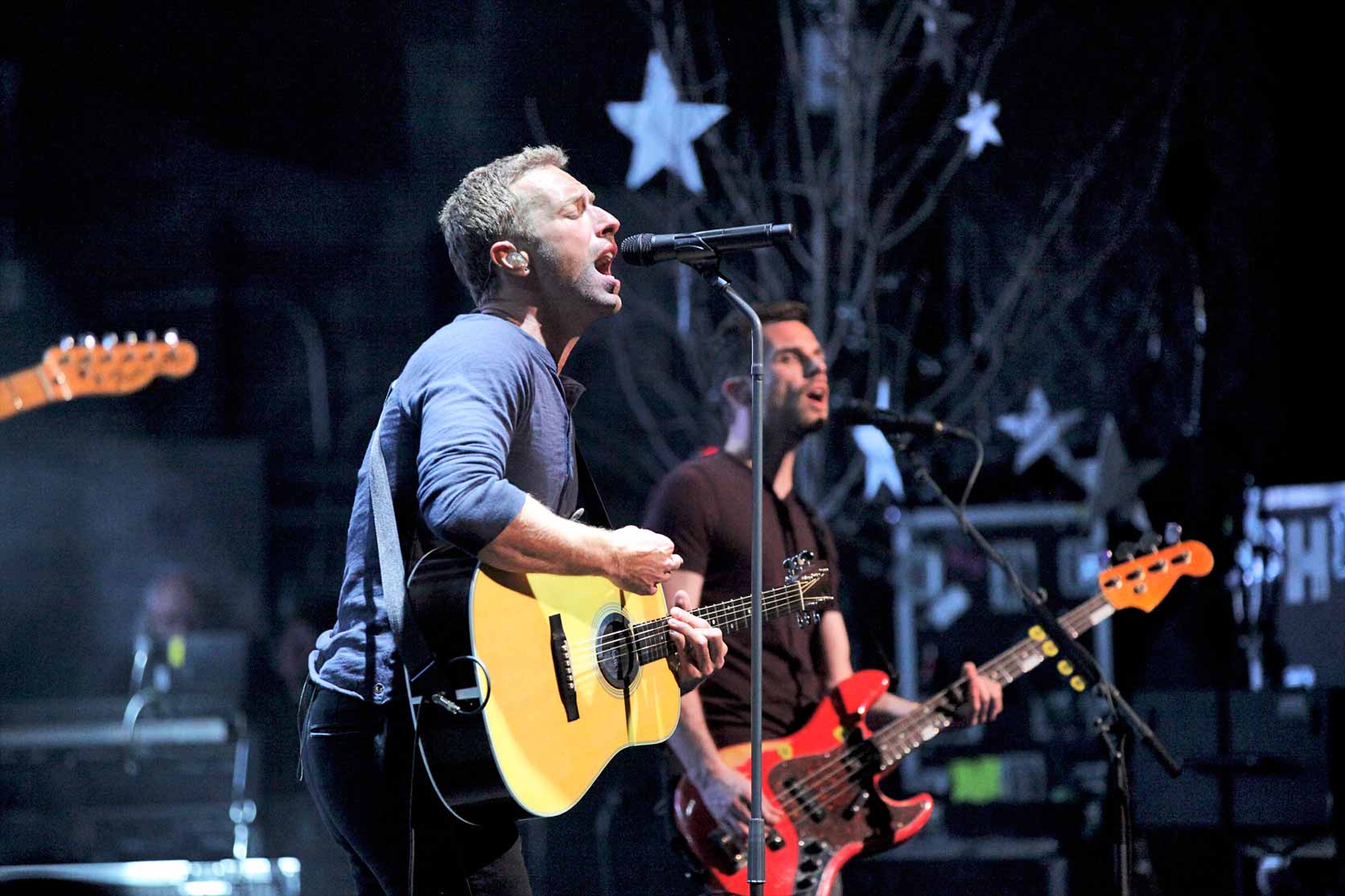
Coldplay became the biggest rock band in the world, just as the very concept began to seem antiquated, by distilling the sound of their ancestors and critically feted contemporaries into hypermelodic, stadium-size anthems. Their sixth studio album, Ghost Stories, finds them once again employing that sonic approach but with different source material. Much of the album sounds like Coldplay’s take on an acclaimed vein of gentle, emotionally vulnerable music that explores the overlapping realms of rock, R&B and electronic sounds: Bon Iver’s warped woodsy hymns, James Blake’s throbbing confessionals, the xx’s muted pillow talk. (There is one outlier, a pounding quasi-EDM collaboration with the popular producer Avicii; it reeks of pandering.) Chris Martin’s signature nimble, soft falsetto pairs well with this new, adjusted direction, though the heightened focus on groove and piano-based melody marginalizes the dependable contributions of lead guitarist Jonny Buckland. Gleaming six-string hooks of the sort that anchored the best songs on the band’s first few albums are few and far between here.
But for all the sonic shifts that take place on Ghost Stories, the album’s greatest break from Coldplay’s tradition is lyrical. Martin is never one to shy away from a platitude, and his recent “conscious uncoupling” from his wife, actress Gwyneth Paltrow, has inspired his rawest, most personal writing to date. Yet while the dissolution of his marriage makes for compelling fodder, his lyrics aren’t always able to convey the heartbreak or nuance the situation demands. It’s only when his voice and the melodies that make up Ghost Stories are able to bear the emotional weight that the album achieves the resonance that made its predecessors world-beating hits.
More Must-Reads from TIME
- Why Trump’s Message Worked on Latino Men
- What Trump’s Win Could Mean for Housing
- The 100 Must-Read Books of 2024
- Sleep Doctors Share the 1 Tip That’s Changed Their Lives
- Column: Let’s Bring Back Romance
- What It’s Like to Have Long COVID As a Kid
- FX’s Say Nothing Is the Must-Watch Political Thriller of 2024
- Merle Bombardieri Is Helping People Make the Baby Decision
Contact us at letters@time.com